Goa Chief Minister Pramod Sawant, while presenting the Goa Budget 2025-26, announced the introduction of a comprehensive housing policy through the Goa Housing Board. The initiative aims to address real estate and housing challenges in the state by ensuring that local residents have better access to affordable housing. The policy will involve multiple government stakeholders in the planning and approval process to streamline the development of residential projects.
The budget, presented in the Goa assembly is a revenue surplus budget and includes measures to support various industries. It offers tax incentives to tourism entrepreneurs setting up starred hotels in rural areas and provides full SGST reimbursement for the first five years to industries investing more than ₹5,000 crore. The Gross State Domestic Product (GSDP) at current prices for 2025-26 is projected at ₹1,38,624.86 crore, with a growth rate of 14.27 percent. Goa’s per capita income is projected at ₹9.69 lakh, reflecting stable economic growth.
Focus on Infrastructure Development
Infrastructure development remains a key focus of the budget, with significant allocations for urban projects. A total of ₹423 crore has been allocated for projects under the Smart City Mission. Panjim has been granted ₹135 crore under the Centre’s Cities 2.0 initiative to support modernization efforts. The plan includes the construction of three Smart Roads, improved street illumination, and the rejuvenation of urban spaces. A new city near Mopa has also been proposed under a central government scheme, along with the restoration of the Margao Municipal Council and the redevelopment of major towns. These projects aim to improve urban living conditions and attract investment in infrastructure.
Expansion in Tourism Infrastructure
The budget also introduces several measures to support the tourism sector, which plays a crucial role in Goa’s economy. Proposals include the development of coworking spaces, cafes, an app aggregator, a cruise terminal, a mini-convention center, a new jetty terminal, and a caravan park in Kerim. Additionally, an oceanarium and a drone park at Quitol have been planned. These initiatives seek to enhance visitor experiences and boost the state’s appeal as a tourism and business destination.
New Steering Committee for Housing Approvals
To ensure efficient implementation of the new housing policy, a town and country planning (TCP) steering committee will oversee approvals for large residential and commercial projects. The committee’s decisions will be binding on all departments, reducing bureaucratic delays and facilitating smoother execution of development plans. Goa’s government has also announced plans to conduct a study on the carrying capacity of various regions to balance urban growth with infrastructure capabilities. The study will assess the impact of development on resources such as water supply, transportation, and environmental sustainability, helping policymakers make informed decisions.
Infrastructure Tax Relaxation for Developers
The budget introduces a relaxation in infrastructure tax payments to encourage real estate development. Developers will now be required to pay only 50 percent of the infrastructure tax at the time of project approval, with the remaining 50 percent due after obtaining an occupation certificate (OC). This measure aims to ease financial pressure on developers and stimulate construction activity, leading to increased housing supply.
Slum Redevelopment and Property Transfer Amnesty
Slum redevelopment has also been addressed in the budget, with an allocation of ₹5 crore to improve living conditions in informal settlements. Additionally, the government has announced an amnesty scheme that will allow citizens to transfer properties without incurring penalties. This initiative is expected to facilitate legal property transfers and encourage compliance with real estate regulations.
Attracting Private Investment in Real Estate
In an effort to attract private investment in Goa’s real estate sector, the Goa Rehabilitation Board and the Goa Housing Board have invited Maharashtra-based developers to explore opportunities in the state. In February 2025, the National Association of Real Estate Developers Council (NAREDCO) Maharashtra was encouraged to participate in residential, commercial, mixed-use, and redevelopment projects under the public-private partnership (PPP) model. The government sees private sector participation as a key driver for accelerating real estate development while ensuring quality standards in construction.
Rising Property Prices and Investor Interest
Goa’s real estate market, particularly in North Goa, has been experiencing steady growth, attracting both investors and homebuyers. A presentation by Sadashiv Gaonkar, a housing engineer at the Goa Housing Board, in February 2025 highlighted that property prices in the state have been rising at an annual rate of 15 to 30 percent. This upward trend has positioned Goa as a sought-after destination for real estate investment. The combination of increasing demand, a favorable economic environment, and new policy measures is expected to drive further activity in the housing sector.
The Impact of the Affordable Housing Policy
The introduction of an affordable housing policy is a significant step toward addressing Goa’s long-standing housing challenges. By involving multiple government agencies in the approval process, the state aims to create a more transparent and efficient regulatory framework for real estate development. The relaxation of infrastructure tax payments and the allocation of funds for slum redevelopment reflect the government’s commitment to making housing more accessible to residents across income levels.
Goa’s economic landscape continues to be shaped by its tourism-driven economy, which influences real estate demand. The government’s investment in urban infrastructure, smart city initiatives, and housing development is expected to improve living conditions and attract long-term investments in residential and commercial properties. The focus on easing regulatory processes and offering incentives to developers will likely facilitate new construction projects while ensuring sustainable urban planning.
As the state moves forward with these policy changes, the response from developers and investors will determine the impact of these measures on the housing sector. The coming years are expected to see increased activity in Goa’s real estate market, with both local and external investors exploring opportunities in residential and commercial development. The introduction of new policies, coupled with infrastructure improvements, is likely to shape the future of Goa’s real estate landscape in a way that balances economic growth with sustainable urban planning.
Image source- x.com

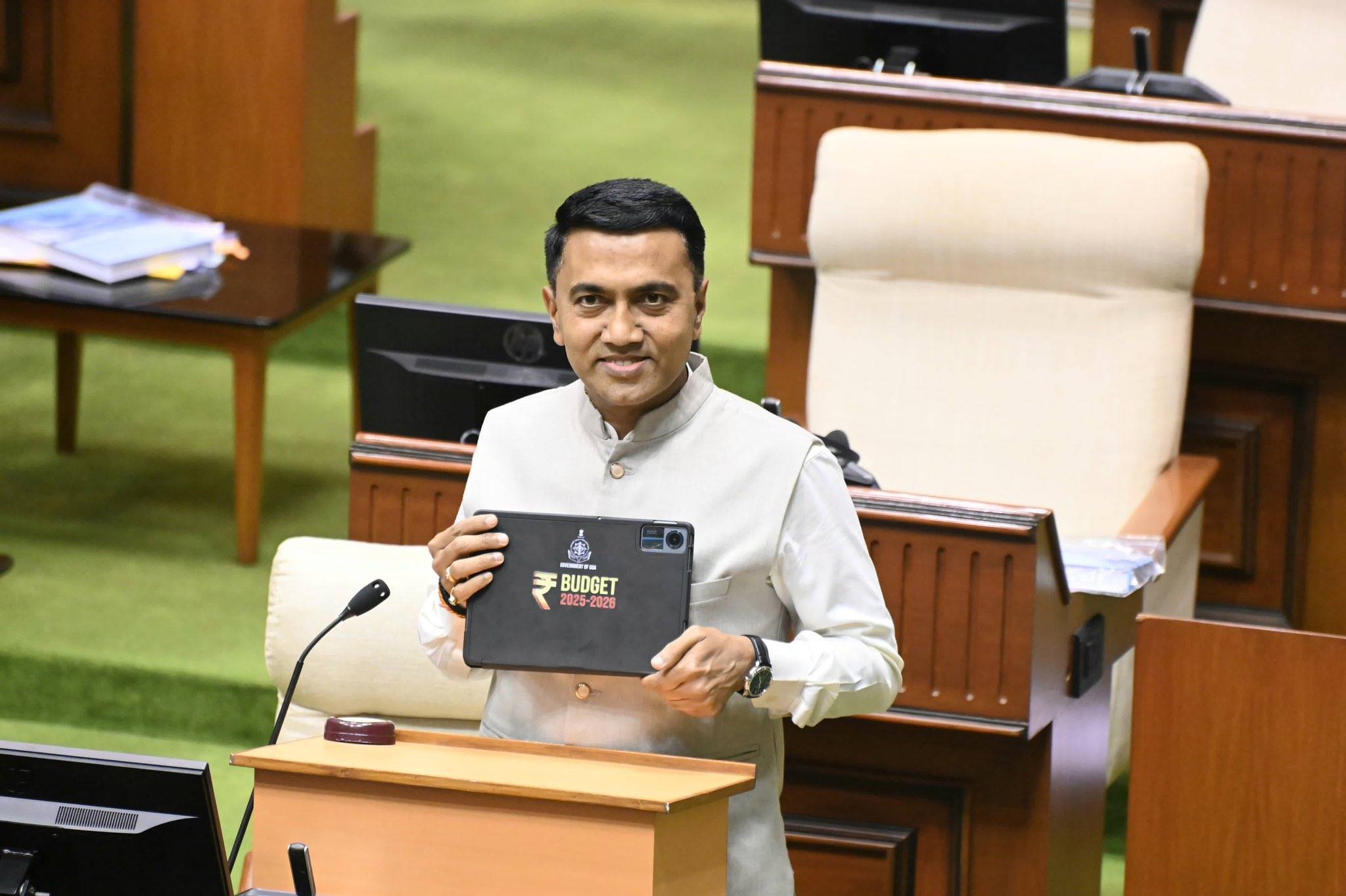



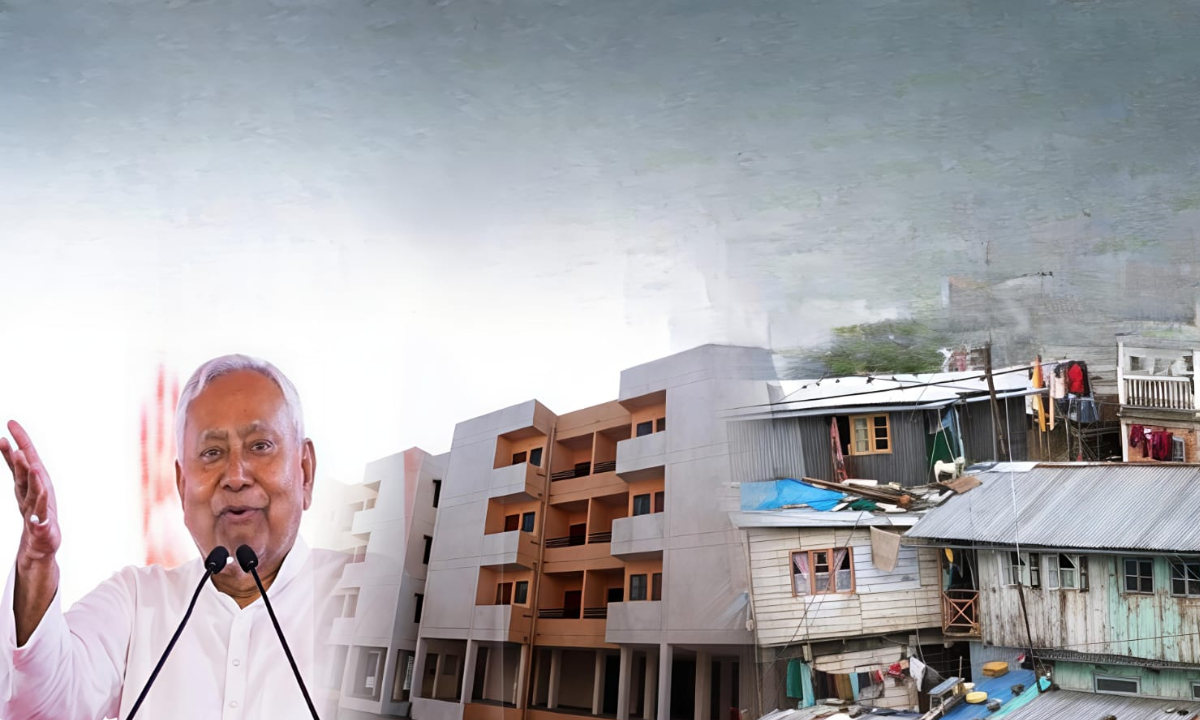
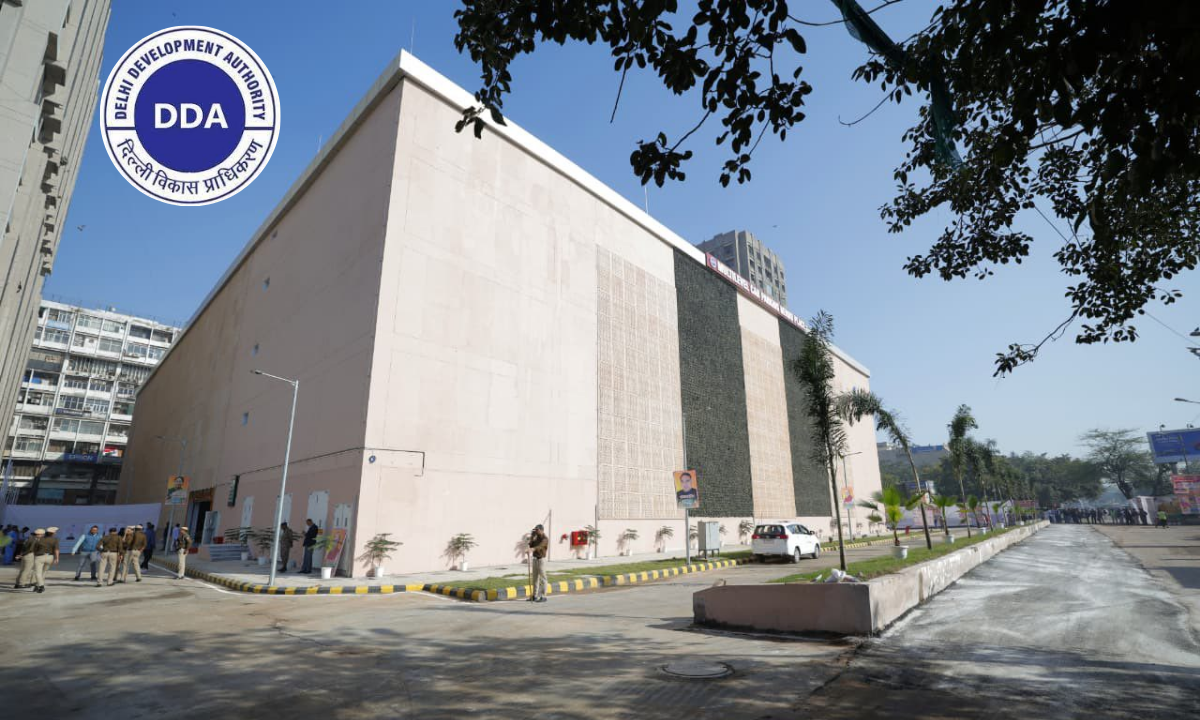
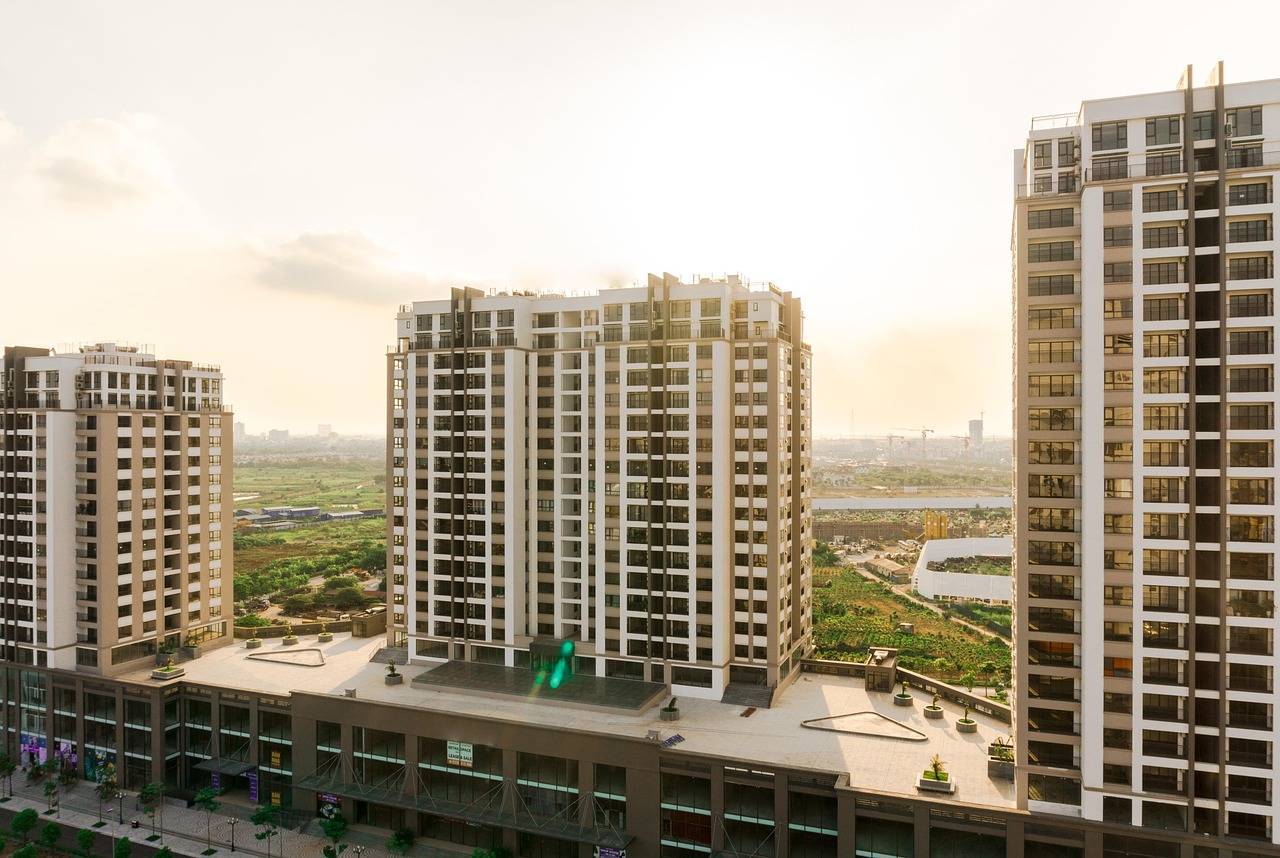
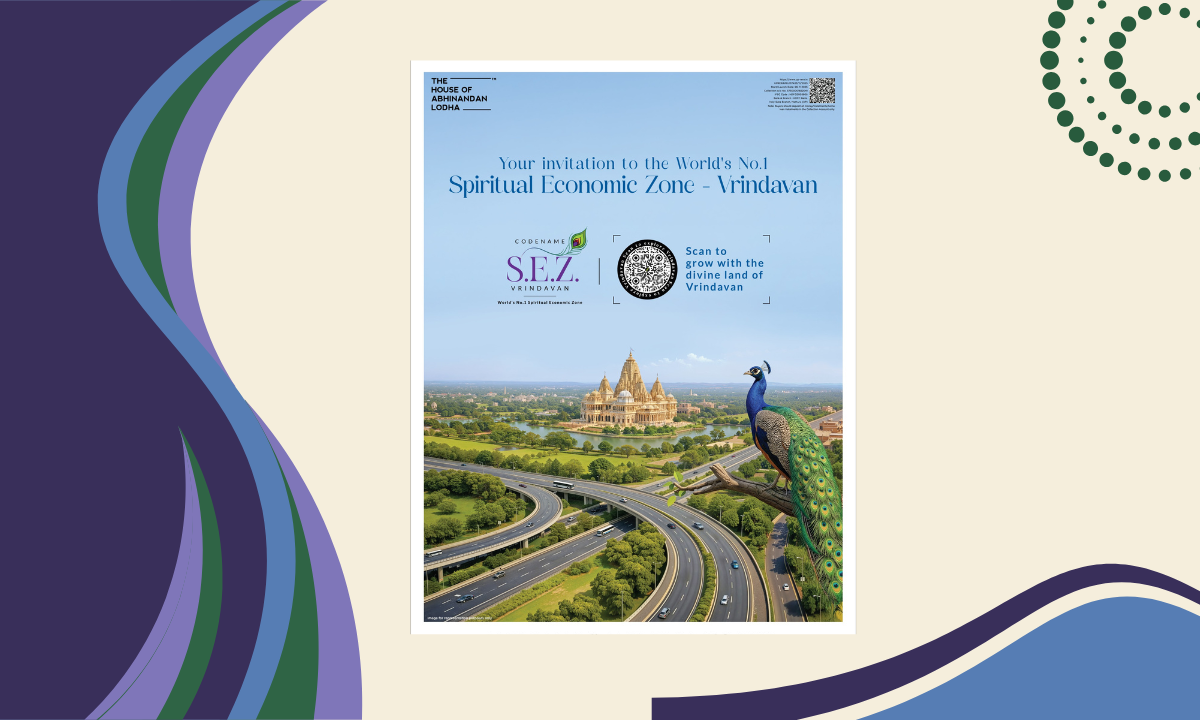
.png)